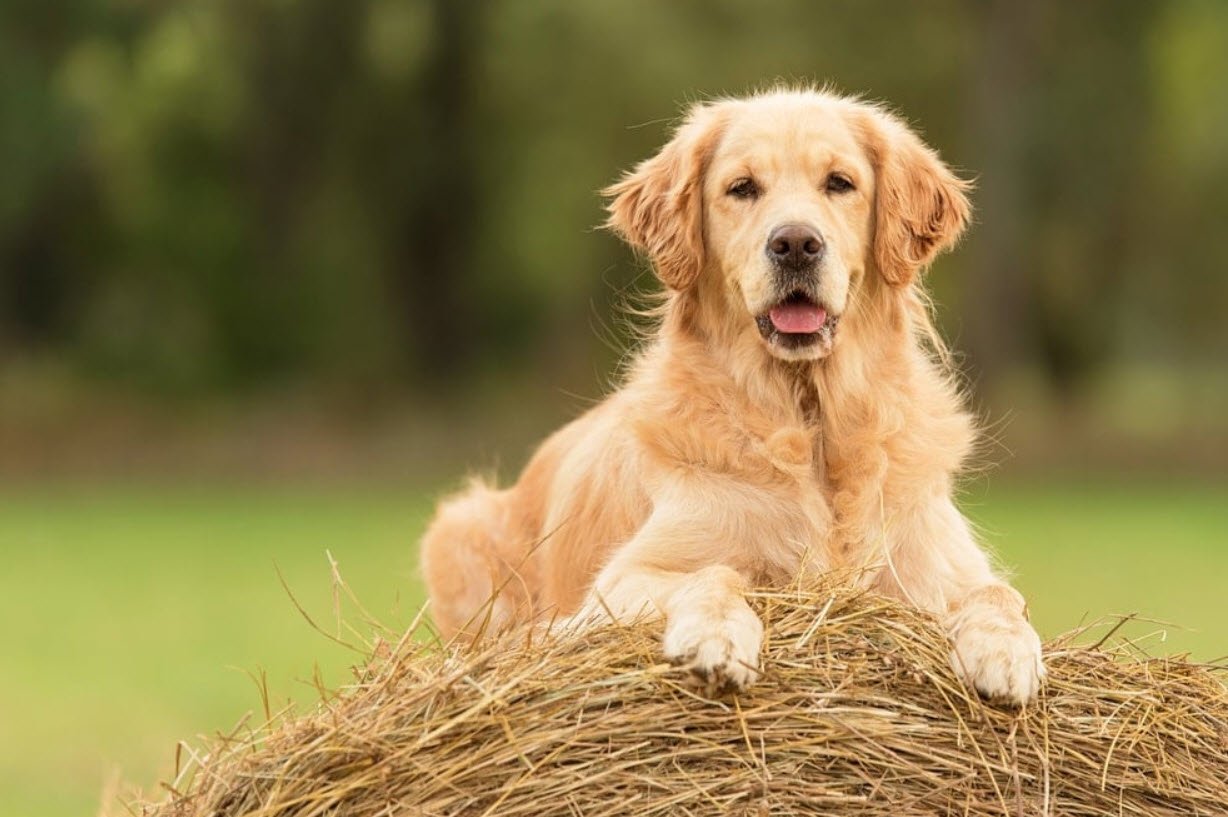
Coughing and gagging in dogs can be concerning for pet owners, as it is a symptom that may indicate various underlying health issues. While occasional coughing is normal, persistent or severe coughing or gagging should prompt a visit to the veterinarian for a thorough examination and diagnosis.
Understanding the potential reasons behind your dog’s coughing or gagging can aid in seeking timely medical attention and appropriate treatment.
1. Tracheal Collapse
Tracheal collapse is a condition where the windpipe (trachea) narrows or collapses, causing coughing and a honking sound in dogs, especially during excitement or pulling on the leash. It is more common in small and toy breeds, and the coughing may worsen with exercise, excitement, or exposure to irritants.
2. Kennel Cough
Kennel cough, or infectious tracheobronchitis, is a highly contagious respiratory infection in dogs. It can be caused by various viruses and bacteria, such as Bordetella bronchiseptica. Dogs with kennel cough often have a persistent, dry, hacking cough that sounds like they are trying to clear their throat.
3. Pneumonia
Pneumonia in dogs can result from infections, inhalation of foreign objects, or aspiration of vomit. Coughing, often accompanied by difficulty breathing, lethargy, and loss of appetite, can be an indication of pneumonia. Prompt veterinary care is essential to treat the infection and manage respiratory distress.
4. Heart Disease
Certain heart conditions, such as congestive heart failure, can cause coughing in dogs. The cough is usually persistent and may be accompanied by difficulty breathing, especially during activity or when lying down.
5. Heartworm Disease
Heartworm disease, caused by parasitic worms residing in the heart and lungs, can lead to coughing, especially during exercise or excitement. As the disease progresses, coughing may become more severe and persistent.
6. Canine Chronic Bronchitis
Canine chronic bronchitis is a long-term inflammatory condition of the lower airways. It often affects older dogs and can cause persistent coughing, wheezing, and difficulty breathing.
7. Laryngeal Dysfunction and Paralysis
Laryngeal dysfunction or paralysis can affect the function of the larynx (voice box) in dogs, leading to abnormal airflow and coughing. It can result from nerve damage, trauma, or certain medical conditions.
8. Lung Cancer
Lung cancer can manifest with symptoms like coughing, difficulty breathing, lethargy, and weight loss. If you notice persistent coughing or any concerning symptoms, it’s essential to consult a veterinarian promptly.
9. Reverse Sneezing
Reverse sneezing is a common but harmless condition in dogs. It often sounds like a honking noise and can be triggered by excitement, irritation, or allergens. While usually not a cause for concern, if it becomes frequent or severe, consult your veterinarian.
10. Allergies and Contact with a Foreign Object
Allergies to pollen, dust, smoke, or other irritants can cause coughing in dogs. Additionally, if a dog inhales or swallows a foreign object, it can lead to coughing or gagging as the body tries to expel the object.
Understanding the potential causes of your dog’s coughing or gagging is essential for seeking appropriate veterinary care. If you notice persistent or concerning symptoms, consult your veterinarian to determine the underlying issue and develop an appropriate treatment plan to ensure your furry friend’s health and well-being.
You may also like:- Common Causes of Dog Bad Breath
- 5 of the Most Painful Conditions for Dogs
- Top Natural Foods to Combat Bad Dog Breath
- Top 12 Most Popular American Dog Breeds
- 6 Most Popular Distinct Canadian Dog Breeds
- A Guide To Understanding Your Dog’s Body Language
- List of Vegetables That Can Be Valuable Addition To Your Dog’s Diet
- 15 Most Popular French Dog Breeds You Need To Know
- 17 Essential Oils that are Toxic to Dogs
- The Ultimate Dog-Friendly Packing List for Travel and Adventures








